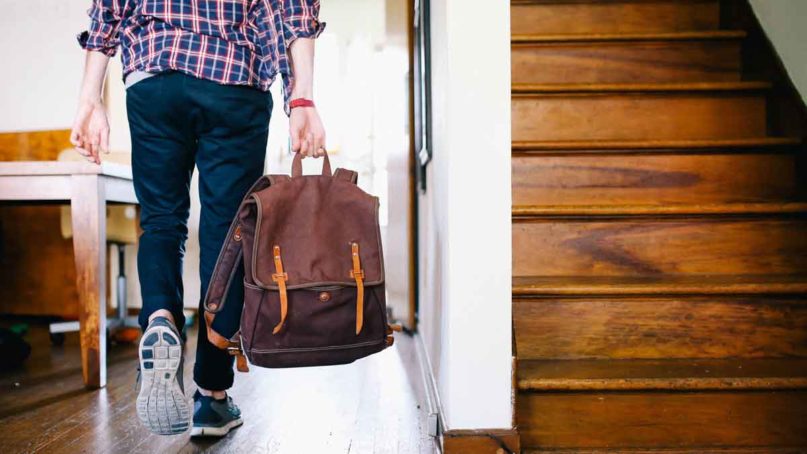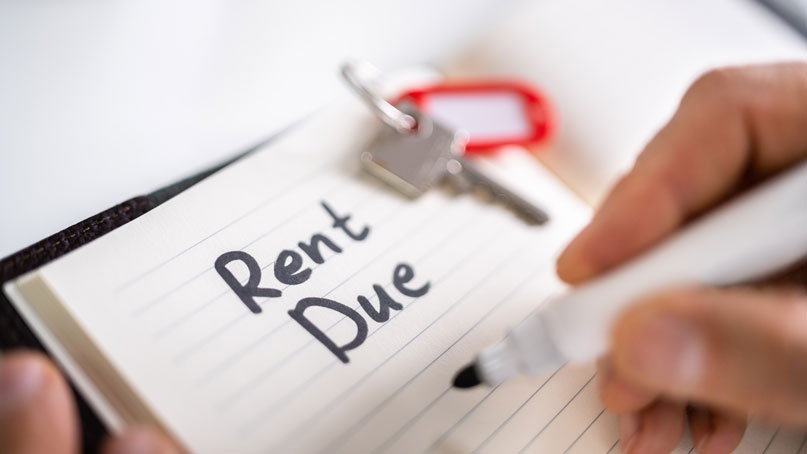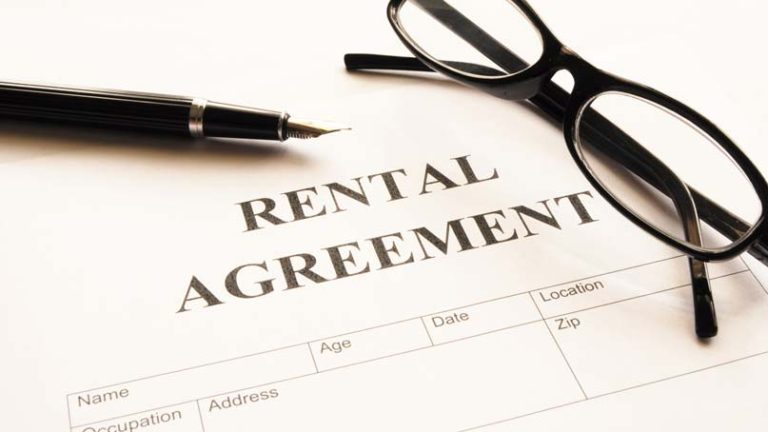I loved seeing this post on Business Insider featuring five different real-life examples of house hacking
House hacking is renting out part of your home to cover your mortgage and potentially even make a profit. In the post, you’ll see owners who took on roommates for spare bedrooms or bought a duplex to live in one unit and rent out the other. One owner renovated an unfinished basement to rent out even more space. One couple had six-figures in student loans and worked low-paying social work jobs but still managed to house-hack into a situation that cut their mortgage payment in half.
Since housing is such a large but necessary expense, it pays to figure out how to lower it
You have to live somewhere, and housing typically is your largest expense. (This NY Times article profiled Gen Z renters spending up to 75% of their income on rent!) House hacking is so powerful because other people (your roommates or tenants) are cutting or even eliminating a big expense for you, but still leaving you all the potential appreciation from the house.
There are some costs and downsides to house hacking

That said, if house hacking were so easy everyone would be doing it. First of all, you have to have property to share with others. You don’t need a mansion – you could start house hacking by renting out your spare couch — but you need to give up some space. If you’re buying a property with house hacking in mind, you need to run your numbers carefully.
If you overestimate the rent you can get, how quickly you can find tenants, how long they’ll stay, the turnover or other costs associated with being a landlord, then you might not make as much (or any) money to match your initial projections. Then, you’ll be stuck with a higher housing payment each month, which keeps you further from your financial independence goals. Finally, consider the non-financial costs of house hacking, such as the daily aggravation that comes with co-living arrangements.
You need to manage your house hacking income
Even if you find great roommates or tenants and the numbers work out beautifully, you’ll still need the discipline to earmark your house hacking gains towards financial independence and not just increased spending.
If the rental income goes right back into the mortgage, you’ll still need a plan for covering vacancies and higher maintenance costs from the wear-and-tear of having additional residents. Hacking your house is a business, and you’re the CEO.
Traditional house hacking wasn’t for us
We hadn’t heard of house hacking when we were just starting out, so we didn’t make a conscious choice not to do it. Even if we had known about it, however, we wouldn’t have had the time to execute it. Within two years of graduating college, we were married with our first kid. We were also living in high-cost New York City, so there was barely enough space for us in our early apartments, much less renters! Finally, with a young child (and another one a few years later), I wouldn’t have wanted strangers sharing our home.
We benefit from house hacking – rentals cover our residences — but we’re hands-off and living on our own

Though we didn’t house-hack the traditional way, we have the same result: we built a rental portfolio that throws off enough income to cover our residences, no roommates required. Plus, since we have property managers for our rentals, we don’t need to live in close proximity to our tenants. We’re in Northeast Florida, and some of our units are out of the state or out of the country. altogether.
We actually were renters for over 20 years (which isn’t that unusual since New York City is so expensive), but instead of just giving up on being homeowners given the cost of buying in New York City, we looked outside. While our primary residence was a rental, we bought our own rentals in North Carolina, Florida and Costa Rica. Given that they were all significantly lower cost geographies, our entire rental portfolio cost less than what we would have spent for a single 2-bedroom apartment in Manhattan!
Rather than spending as much money as we could on a single property, which is what many of our peers did, we picked up smaller rentals over time. Buying multiple units instead of just one gave us multiple income streams and multiple places to go (when we moved to Jacksonville in 2019, we ended up moving into what had been a rental for us). It wasn’t traditional house hacking, but gave us a similar financial benefit and certainly helped us achieve financial independence.
How can you get more creative with real estate?


 We are Scott and Caroline, 50-somethings who spent the first 20+ years of our adult lives in New York City, working traditional careers and raising 2 kids. We left full-time work in our mid-40’s for location-independent, part-time consulting projects and real estate investing, in order to create a more flexible and travel-centric lifestyle.
We are Scott and Caroline, 50-somethings who spent the first 20+ years of our adult lives in New York City, working traditional careers and raising 2 kids. We left full-time work in our mid-40’s for location-independent, part-time consulting projects and real estate investing, in order to create a more flexible and travel-centric lifestyle.  Financial independence and early retirement is not something we originally focused on, but over time realized it was possible. Our free report,
Financial independence and early retirement is not something we originally focused on, but over time realized it was possible. Our free report, 






